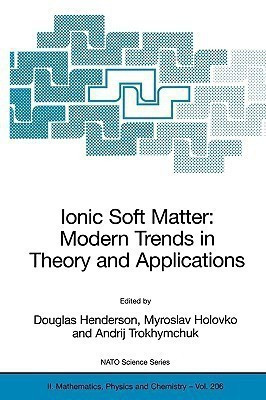Ionic Soft Matter: Modern Trends in Theory and Applications(English, Paperback, unknown)
Quick Overview
Product Price Comparison
Recently there have been profound developments in the understanding and interpretation of liquids and soft matter centered on constituents with sho- range interactions. Ionic soft matter is a class of conventional condensed soft matter with prevailing contribution from electrostatics and, therefore, can be subject to possible long-range correlations among the components of the - terial and in many cases crucially affecting its physical properties. Among the most popular representatives of such a class of materials are natural and synthetic saline environments, like aqueous and non-aqueous electrolyte - lutions and molten salts as well as variety of polyelectrolytes and colloidal suspensions. Equally well known are biological systems of proteins. All these systems are examples of soft matter strongly in?uenced, if not dominated, by long-range forces. For more than half of century the classical theories by Debye and Hueckel as well as by Derjaguin, Landau, Verwey and Owerbeek (DLVO) have been at the basis of theoretical physical chemistry and chemical engineering. The substantial progress in material science during last few decades as well as the advent of new instrumentation and computational techniques made it apparent that in many cases the classical theories break down. New types of interactions (e.g. hydrodynamic, entropic) have been discovered and a number of questions have arisen from theoretical and experimental studies. Many of these questions still do not have de?nite answers.


